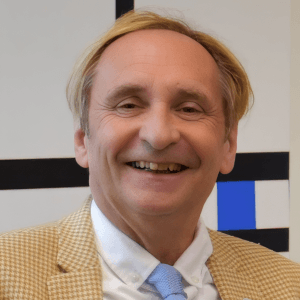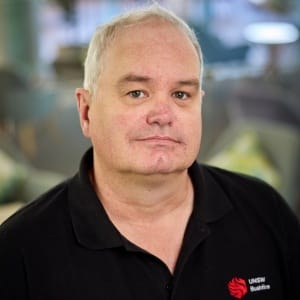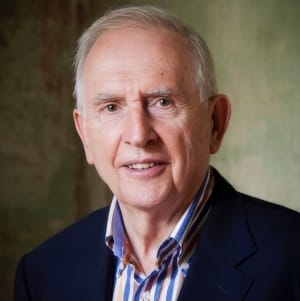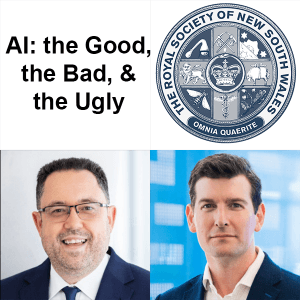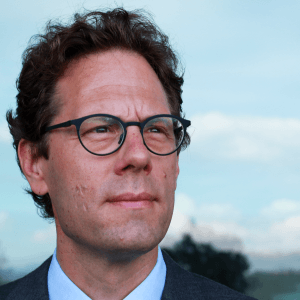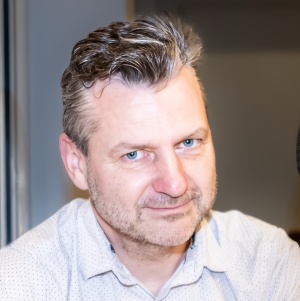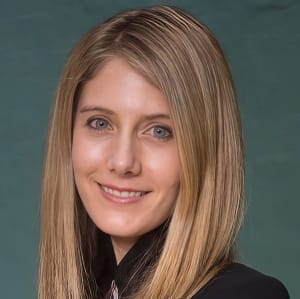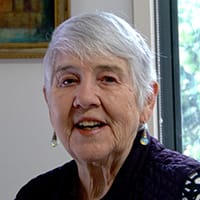
 “COVID-19 and confusion: the story of a nasty but nice viral receptor”
“COVID-19 and confusion: the story of a nasty but nice viral receptor”
Emeritus Professor Eugenie Lumbers AM FAA DistFRSN
Hunter Medical Research Institute and
University of Newcastle
Date: Wednesday, 27 May 2020, 5.30 pm
Venue: Zoom webinar
Video recording: YouTube video
COVID-19 is an infection caused by a corona virus (SARS-CoV-2). To get into the body it binds to a protein on the surface of the cells of the body’s organs by a viral protein spike. These spikes stick out from the surface of the virus giving it a crown-like appearance, hence the name corona virus. The spike protein binds to an enzyme, ACE2. It is thought that the more ACE2 there is on cell membranes the greater the load of infectious particles there will be to enter cells, i.e., the greater the level of infection.
When the spike protein binds to ACE2 it ‘destroys’ it. ACE2 protects lung, heart and kidneys from the actions of angiotensin II which activates inflammatory pathways, by removing angiotensin II and converting it to an anti-inflammatory peptide. SARS-CoV-2 by binding to ACE2, therefore removes its protective effects.
Recombinant ACE2 can be easily introduced into the body. The question is could ACE2 be used safely to treat COVID-19? Do drugs that lower blood pressure by blocking angiotensin II and also by causing upregulation of ACE2 enhance the severity of COVID-19? Or do these drugs protect against severe tissue damage by suppressing angiotensin II’s inflammatory actions? These conflicting actions of ACE2 are causing confusion in the race to manage patients with COVID-19 and to prevent infection.
Emeritus Professor Eugenie Lumbers is the Honorary Secretary of the Hunter Branch of the RSNSW. She studied medicine at University of Adelaide and subsequently gained a Doctorate in Medicine for her research into the renin-angiotensin system. She was the first woman to be awarded an NHMRC CJ Martin Fellowship and she studied fetal physiology in Oxford where she was a Junior Research Fellow at Wolfson College. Returning to Australia, Eugenie and her husband settled in Sydney where Eugenie was employed at University of NSW. She developed her research on fetal physiology and her team published numerous papers on the fetal and maternal renin-angiotensin systems and their cardiovascular and renal systems. Eugenie was awarded a Doctorate in Science and a personal professorial chair. Subsequently she was the first woman at NSW to be awarded a Scientia Professorship. Eugenie served on numerous university committees as well as committees of the NHMRC, NHF and ARC. She was elected to the University of NSW Council. Eugenie was Head of the School of Physiology and Pharmacology for 9 years. In 2002 she was elected to the Australian Academy of Science and made an Member of the Order of Australia in 2012.
Eugenie retired in 2003 to go sailing. In 2007 she began work at University of Newcastle where she held an adjunct professorial appointment. She also holds an adjunct appointment with University of Queensland. After achieving success in gaining funding, Eugenie began a research program into the reproductive tract renin-angiotensin system together with Dr Kirsty Pringle (now Associate Professor). Eugenie is still actively involved in research at the University of Newcastle in the Hunter Medical Research Institute. The team has been developing a research program in ACE2 among other components of the renin-angiotensin system.
Eugenie has three daughters and five grandchildren.


